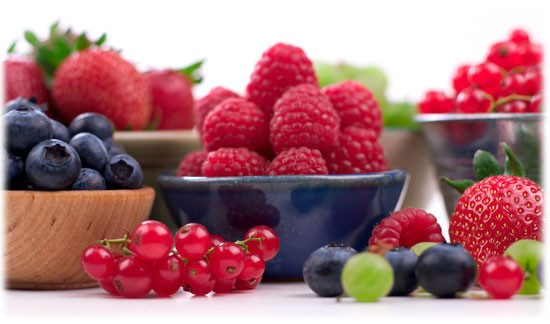 Whether you agree or not, One third of our entire food scale needs to be pollinated by insects. the largest group of insects who does this job are honey bees, they are responsible for most of it. Over 4,000 species of bees in North America is actively doing a pollination job including other pollinators of different kinds. Now a days, we hear a lot of sad news about the some disturbing situation of the honey bees. Study shows that their populations have decreased dramatically for the past fifty years, it is an alarming drop in the 1980s after the introduction of the varroa mite and became worst to reach its second drop in the past few years with what known to be as Colony Collapse Disorder.
Whether you agree or not, One third of our entire food scale needs to be pollinated by insects. the largest group of insects who does this job are honey bees, they are responsible for most of it. Over 4,000 species of bees in North America is actively doing a pollination job including other pollinators of different kinds. Now a days, we hear a lot of sad news about the some disturbing situation of the honey bees. Study shows that their populations have decreased dramatically for the past fifty years, it is an alarming drop in the 1980s after the introduction of the varroa mite and became worst to reach its second drop in the past few years with what known to be as Colony Collapse Disorder.
As of the moment we don’t really feel the effect of bee disappearances. But what would happen if all honey bees are gone in all of North America? Worst scenario is; fruits and vegetables would disappear too, which means, we will likely not survive food security. A thorough study spear-headed by “Gardeners Beware 2014,” shows that 36 out of 71 (that’s 51 percent) of garden plant samples that were purchased on different retailers in 18 cities in the United States and Canada is said to have neonicotinoid (neonic) pesticides, this is disturbing because this particular chemical is the culprit of the recent drop of bee population. They found out that some of the flowers have high neonic levels, enough dosage to kill bees.
The study is a larger follow up to a first-of-its-kind pilot study released by Friends of the Earth last August. The new study expanded the number of samples and number of locations where plants were purchased, and also assessed the distribution of neonic pesticides between flowers and the rest of the plant.
google_ad_client = “ca-pub-1897954795849722”; /* NAT-468×60-Text */ google_ad_slot = “5478282661”; google_ad_width = 468; google_ad_height = 60;
“The high percentage of contaminated plants and their neonicotinoid concentrations suggest that this problem continues to be widespread,” said Lisa Archer, director of the Food & Technology program at Friends of the Earth-U.S. “Most gardeners have no idea that their gardens may be a source of harm to bees. We’re calling on retailers to get neonicotinoid pesticides out of their plants and off their shelves as soon as possible. Until then, gardeners should buy organic plants to ensure the safety of bees.”
“Our data indicate that …
The importance of pollinators around the globe is critical. Without the, we would have nothing to eat from the ground. Once our eco system is destroy death of many species will follow including humans.
Don’t forget to read the rest of the article at: Naturalblaze.com





Leave a Reply